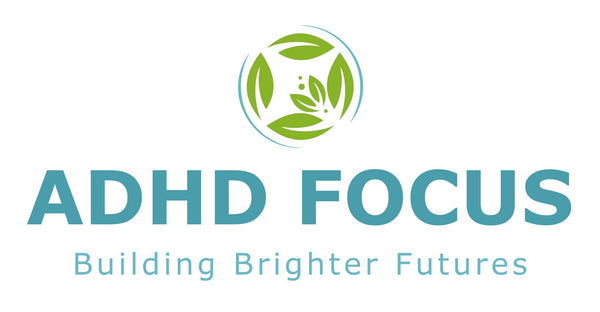
Managing ADHD Emotional Outbursts: A Parent’s Toolkit
Share
Emotional outbursts are common in children with ADHD—sudden anger, tears, yelling, or shutting down can happen quickly and feel overwhelming for both child and parent. This toolkit offers simple, practical ways to understand and manage these outbursts calmly and confidently.

What Emotional Outbursts Look Like
Meltdowns can look different for every child, but common symptoms include:
- Yelling, crying, or throwing things
- Refusing to listen or shutting down
- Running away or hiding
- Physical symptoms like clenched fists, red face, or trembling
- Emotional overload from loud noise, frustration, or sudden changes
- These behaviours are not “bad”—they’re signals your child is overwhelmed.
Why Do ADHD Outbursts Happen?
Children with ADHD often struggle with:
- Impulsivity – reacting before thinking
- Emotional regulation – finding it hard to manage strong feelings
- Sensory overload – noise, frustration, or changes in routine can trigger meltdowns
These aren’t signs of “bad behaviour.” They're signs that your child needs help managing big emotions.
The Parent’s Toolkit: What You Can Do
1. Stay Calm First
Your calm presence helps your child feel safe. Lower your voice, breathe deeply, and avoid shouting.
2. Label the Feeling
Help your child name what they’re feeling: “I can see you're really angry/frustrated right now.” This builds emotional awareness over time.
3. Offer a Safe Space
Let them cool off in a quiet, safe space. Avoid punishing or reasoning during a meltdown—wait until they’ve calmed down.
4. Use Clear, Simple Words
Give short instructions: “Take 3 deep breaths.” or “Let’s take a break.”
5. Teach Coping Tools
Introduce calming strategies when your child is not upset:
- Deep breathing
- Drawing or squeezing a stress ball
- Listening to music
- Counting backwards from 10
After the Outburst: Gentle Reflection
Once calm, talk about what happened in a non-judgemental way:
- “What made you feel that way?”
- “What could we try next time?”
This builds trust and teaches problem-solving.
Final Tips for Parents
- Be patient. Progress takes time.
- Create daily routines—structure helps reduce stress.
- Celebrate small wins.
- Ask for support: Talk to teachers, support groups, or local ADHD-friendly therapists.
Remember: Emotional outbursts are not a parenting failure. They’re a sign your child needs help learning to manage big feelings—and with your support, they absolutely can.
Related Products
- BrightSpark – Natural remedy to support attention span and reduce impulsive behaviour
-
Focus & Calm – Helps children focus and manage emotional reactivity
- MindSoothe Jr– Supports emotional balance in children
Related Articles
- Supporting Siblings Of Children With ADHD: Practical Tips for Parents
- How to Make Your Home More ADHD-Friendly for Kids
- ADHD vs. Normal Childhood Behaviour: The Differences
If you have any question, please contact us or leave a comment below for FREE health advice. We always love hearing from you!
